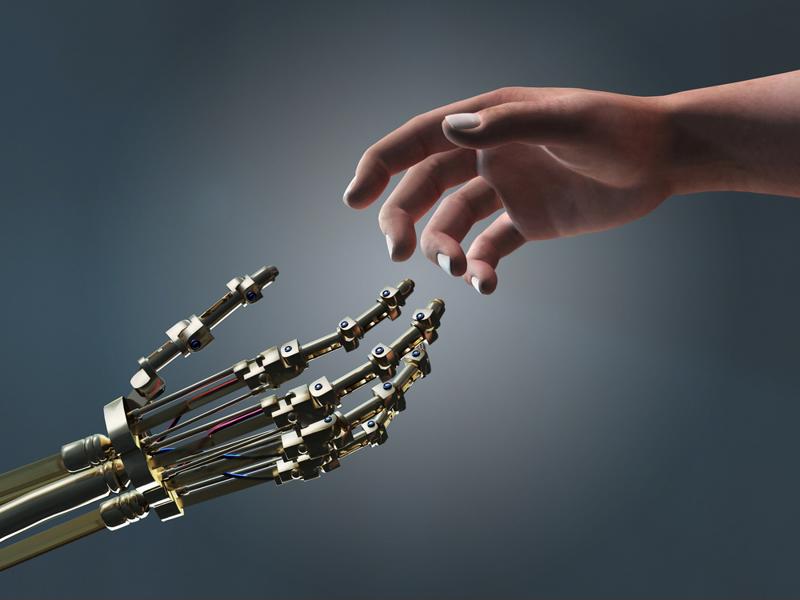
High-tech solutions are sometimes presented as human replacements that can cost human employees their jobs. In a supply chain dominated by smart algorithms and robotic appendages, is there still a space for human decision makers? At least in the near-term future, the answer is an emphatic yes. People are still a key part of the supply chain. Their exact roles, however, may change.
The use of AI solutions in logistics and beyond has taken the form of analytics optimization. Companies are employing systems that help their teams spot opportunities that cannot be grasped by people working without technological assistance. The addition of these robotic brains to the supply chain team has freed up workers to change their everyday tasks. The quicker employees can slip into these new practices, the greater the potential changes for their own work and companies' bottom lines.
The AI assistants
According to The Harvard Business Review, some of the positions developing within AI-enhanced environments are unprecedented. Some companies will need individuals to train their algorithms, tuning up processes over time. Systems that are based on machine learning models are designed to improve through repeated use. Specialized employees will keep these bots' development on track.
Furthermore, there is a need for other specialized analysts who are experts at dealing with the information coming from algorithms. Making critical business decisions based on automatically generated results is a naturally high-risk process, so having human employees on hand to interpret the digital output is a way to ensure processes stay accountable and visible, without putting AI entirely in the driver's seat.
Hiring and training these more data-savvy new employees may present unique challenges for supply chain leaders, according to the HBR. Managers who seek talent outside traditional pipelines may get better results than those who are bogged down in the conventional practices of their industries. The continued value of human employees is clear, and not at risk from today's AI solutions. The exact
tasks those people will carry out, however, are changing to suit the new digital environment.

While getting the right people in the door is clearly a path to better tech-infused supply chain practices, that may be easier said than done. After all, whole industries changing overnight are liable to experience serious growing pains. According to Rajiv Aserkar, professor and head of logistics and supply chain management at the SP Jain School of Global Management, talent and organizational culture are two of the primary stumbling blocks for overall digitization. Companies don't have the right people or frameworks to become data-driven - not yet.
Writing for Entrepreneur, Aserkar stated companies' employee development systems are less developed than the technology becoming available to them. This means until they get up to speed, there won't be an effective way for businesses to make the most of AI and other advanced processes. Simply buying a new software package is useless if no one in the logistics department can make it work as intended and produce real value. Therefore, imparting new skills will be essential in the months and years ahead.


Post A Comment:
0 comments so far,add yours